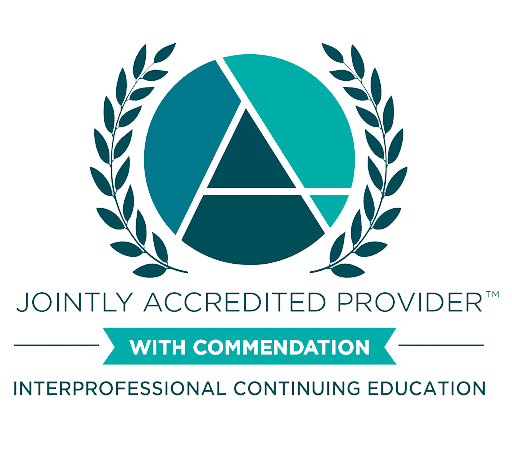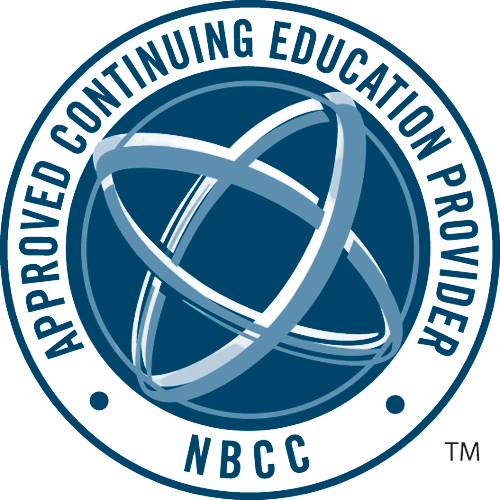A Resource for Healthcare and Social Services Professionals
March 14, 2024
2:00 pm–3:00 pm ET
This training is intended to provide foundational knowledge of stimulant use disorders as well as an overview of evidence-based interventions.
Via Zoom
This one-hour training is intended to provide an overview of stimulant use disorders. Topics include stigma, pharmacology, and physiology of methamphetamines and cocaine, identifying stimulant overdose (overamping), managing acute stimulant intoxication, de-escalation techniques, and evidence-based treatment for people with stimulant use disorders.
Medical providers, nurses, social workers, Licensed Alcohol and Drug Counselors (LADC), Certified Alcohol/Drug Counselors (CADC), Community Health Workers (CHW), recovery coaches, counselors, Licensed Mental health Counselors (LMHC), and members of the community.
Justin is a clinical nurse educator with Boston Medical Center's Grayken Center for Addiction Training and Technical Assistance, where he contributes to peer-reviewed publications, evidence-based clinical guidelines, development and delivery of continuing education programs, and other resources for providers supporting patients with substance use disorders. Justin is also a nurse practitioner at Boston Medical Center and the nursing director of two housing first programs operated by the Justice Resource Institute, Inc. He has expertise in infectious diseases and their co-occurrence with substance use disorders, community outreach, and harm reduction. Justin's work in HIV/AIDS includes being president of the Boston Chapter of the Association of Nurses in AIDS Care, consulting for the New England AIDS Education Training Center, and other positions. He currently sits on the stimulant work group for the Opioid Response Network (ORN), the advisory board of the New England Addiction Technology Transfer Center, and the item writing committee for the Addictions Nursing Certification Board (ANCB). Justin received his Bachelor of Science in Nursing (BSN) from Northeastern University in 2013, his Master of Science in Nursing (MSN) from the University of Massachusetts-Dartmouth in 2020, and his Post-Master's Family Nurse Practitioner certificate from the University of Massachusetts-Boston in 2023. He also holds certification as a Certified Addiction Registered Nurse (CARN) through the Addictions Nursing Certification Board (ANCB), certification as an AIDS Certified Registered Nurse (ACRN) through the HIV/AIDS Nursing Certification Board (HANCB), and is a certified nurse educator (CNE) through the National League of Nursing.
Nancy Regan, MSN, FNP, CNM, CARN-AP (she/her)Nancy is a clinical nurse educator for Boston Medical Center's Grayken Center for Addiction Training and Technical Assistance, where she contributes to the development and delivery of continuing education programs, peer-reviewed publications, evidence-based clinical guidelines, and other resources for providers supporting patients with substance use disorders. Nancy is also a nurse practitioner, board certified in both family medicine and midwifery with over a decade of experience working in addiction treatment. Prior to joining the Grayken TTA team, Nancy held a position as director of the substance use disorder program at the Community Health Center of Cape Cod, where she maintains clinical practice. Nancy began her career in a community health center in South Boston managing a wide range of pediatric, prenatal, and adult patients. She later transitioned to addiction medicine at High Point Treatment Center in Jamaica Plain where she worked in an acute treatment setting of medically supervised detoxification and treated acute and chronic medical issues on a Crisis Stabilization Services Unit. Nancy also participated in the HEALing Communities Study — a multi-state study funded by the National Institute on Drug Abuse aimed at reducing overdose deaths — as a lead community partner, facilitating treatment on demand and engaging and empowering other community providers. She received her Master of Science in Nursing (MSN) in 2011 from the Massachusetts General Hospital Institute of Health Professions and her Master of Science in Nursing Midwifery in 2017 from Frontier Nursing University. She also holds certification as a Certified Addiction Registered Nurse – Advanced Practice (CARN-AP) through the Addictions Nursing Certification Board (ANCB).
Boston Medical Center Grayken Center for Addiction TTA, Massachusetts Department of Public Health, Bureau of Substance Addiction Services (DPH/BSAS), Opioid Response Network (ORN)
Funding for this initiative was made possible (in part) by grant no. 1H79TI083343 from SAMHSA. The views expressed in written conference materials or publications and by speakers and moderators do not necessarily reflect the official policies of the Department of Health and Human Services; nor does mention of trade names, commercial practices, or organizations imply endorsement by the U.S. Government.
REQUIREMENTS for credit
Please note this policy is strictly enforced for accreditation purposes. Participants will forfeit collection of credit and certificates of completion if more than 10 minutes of the training is missed.
Joint Accreditation Statement for CME, Nursing and Social Work
 In support of improving patient care, Boston University Chobanian & Avedisian School of Medicine is jointly accredited by the Accreditation Council for Continuing Medical Education (ACCME), the Accreditation Council for Pharmacy Education (ACPE), and the American Nurses Credentialing Center (ANCC), to provide continuing education for the healthcare team.
In support of improving patient care, Boston University Chobanian & Avedisian School of Medicine is jointly accredited by the Accreditation Council for Continuing Medical Education (ACCME), the Accreditation Council for Pharmacy Education (ACPE), and the American Nurses Credentialing Center (ANCC), to provide continuing education for the healthcare team.
CME
Boston University Chobanian & Avedisian School of Medicine designates this live activity for a maximum of 1.00 AMA PRA Category 1 Credit(s)™. Physicians should claim only the credit commensurate with the extent of their participation in the activity.
Nursing
Nursing Contact Hours: 1.00 contact hours, of which 0.00 are eligible for pharmacology credit.
Social Work
As a Jointly Accredited Organization, Boston University Chobanian & Avedisian School of Medicine is approved to offer social work continuing education by the Association of Social Work Boards (ASWB) Approved Continuing Education (ACE) program. Organizations, not individual courses, are approved under this program. Regulatory boards are the final authority on courses accepted for continuing education credit. Social workers completing this course receive 1.00 general continuing education credits.
LMHC
 BMC Grayken Center of Addiction TTA has been approved by NBCC as an Approved Continuing Education Provider, ACEP No. 7188. Programs that do not qualify for NBCC credit are clearly identified. BMC Grayken Center of Addiction TTA is solely responsible for all aspects of the programs. For this program, 1.00 contact hours will be offered to participants who attend the training and complete the evaluation.
BMC Grayken Center of Addiction TTA has been approved by NBCC as an Approved Continuing Education Provider, ACEP No. 7188. Programs that do not qualify for NBCC credit are clearly identified. BMC Grayken Center of Addiction TTA is solely responsible for all aspects of the programs. For this program, 1.00 contact hours will be offered to participants who attend the training and complete the evaluation.
LADC/CADC & Recovery Coach
Grayken Center for Addiction TTA is approved to offer LADC/CADCs and recovery coaches who complete this course 1.00 general continuing education credits.
Community Health Worker
Grayken Center for Addiction TTA is approved to offer Community Health Workers who complete this course 1.00 continuing education credits.
Disclaimer
Continuing education (CE) requirements vary by license and jurisdiction. When requesting continuing education credits, please ensure you are following the rules and regulations determined by the board regulating your license. Boston Medical Center Grayken Center for Addiction TTA does not oversee adherence to licensing requirements and regulations.
THIS CONTINUING EDUCATION PROGRAM IS INTENDED SOLELY FOR EDUCATIONAL PURPOSES FOR QUALIFIED HEALTHCARE PROFESSIONALS. IN NO EVENT SHALL BOSTON UNIVERSITY BE LIABLE FOR ANY DECISION MADE OR ACTION TAKEN IN RELIANCE ON THE INFORMATION CONTAINED IN THE PROGRAM. IN NO EVENT SHOULD THE INFORMATION CONTAINED IN THE PROGRAM BE USED AS A SUBSTITUTE FOR PROFESSIONAL CARE. NO PHYSICIAN-PATIENT RELATIONSHIP IS BEING ESTABLISHED. IN NO EVENT SHOULD INFORMATION IN THE MATERIALS REGARDING LAWS, REGULATIONS, OR LEGAL LIABILITY BE CONSIDERED LEGAL ADVICE OR USED AS A SUBSTITUTE FOR CONSULTING WITH AN ATTORNEY.